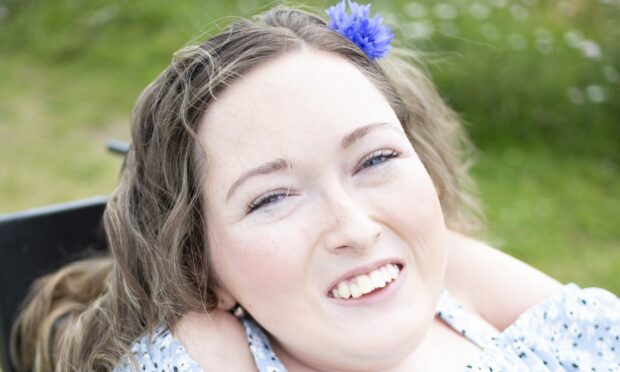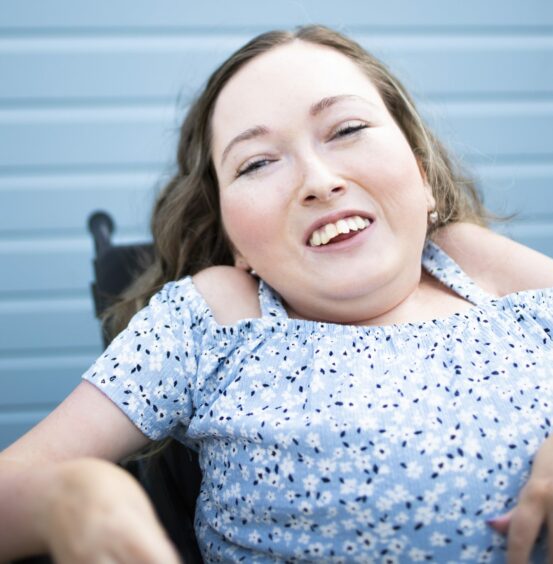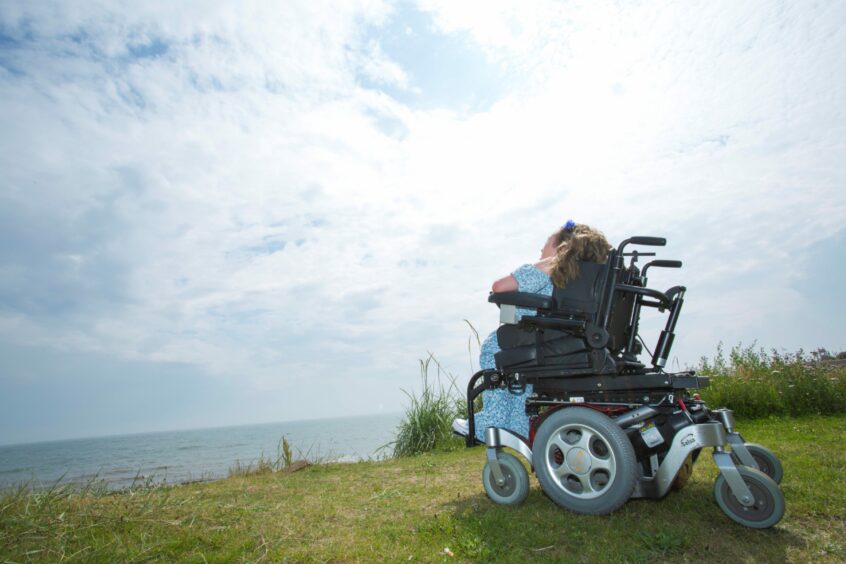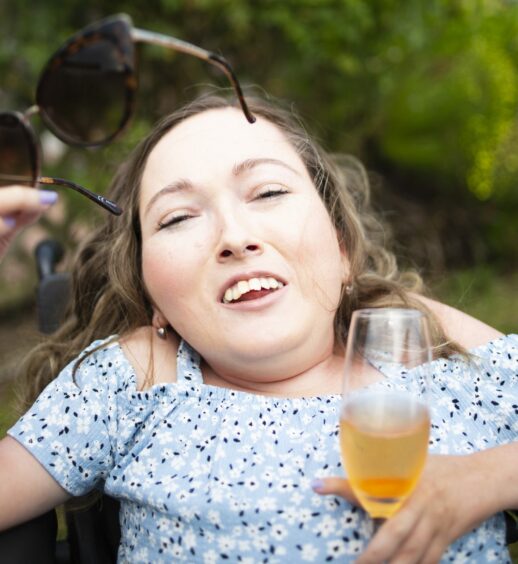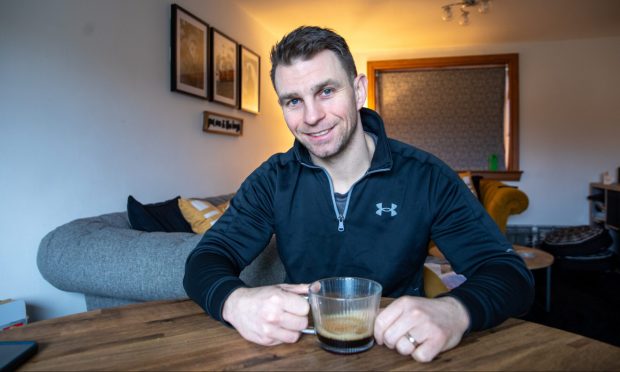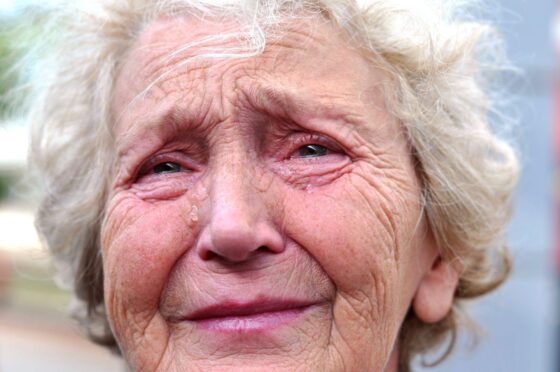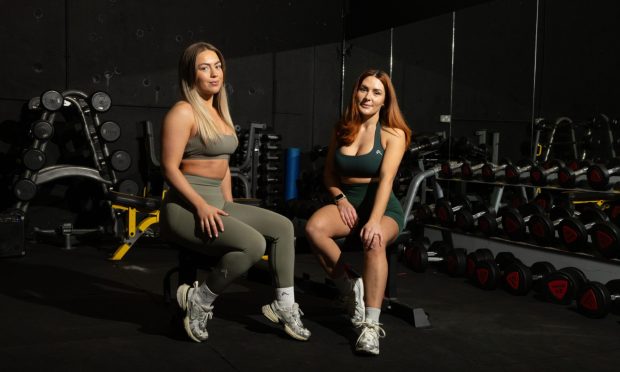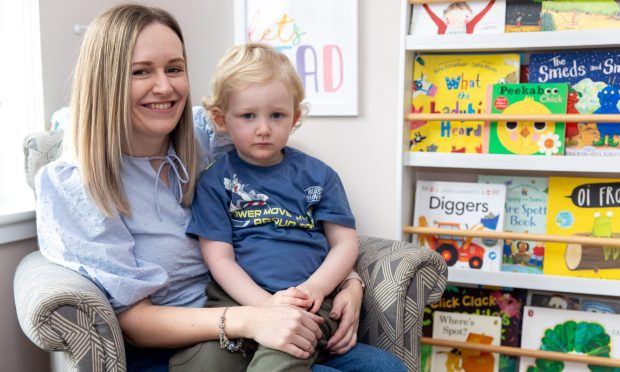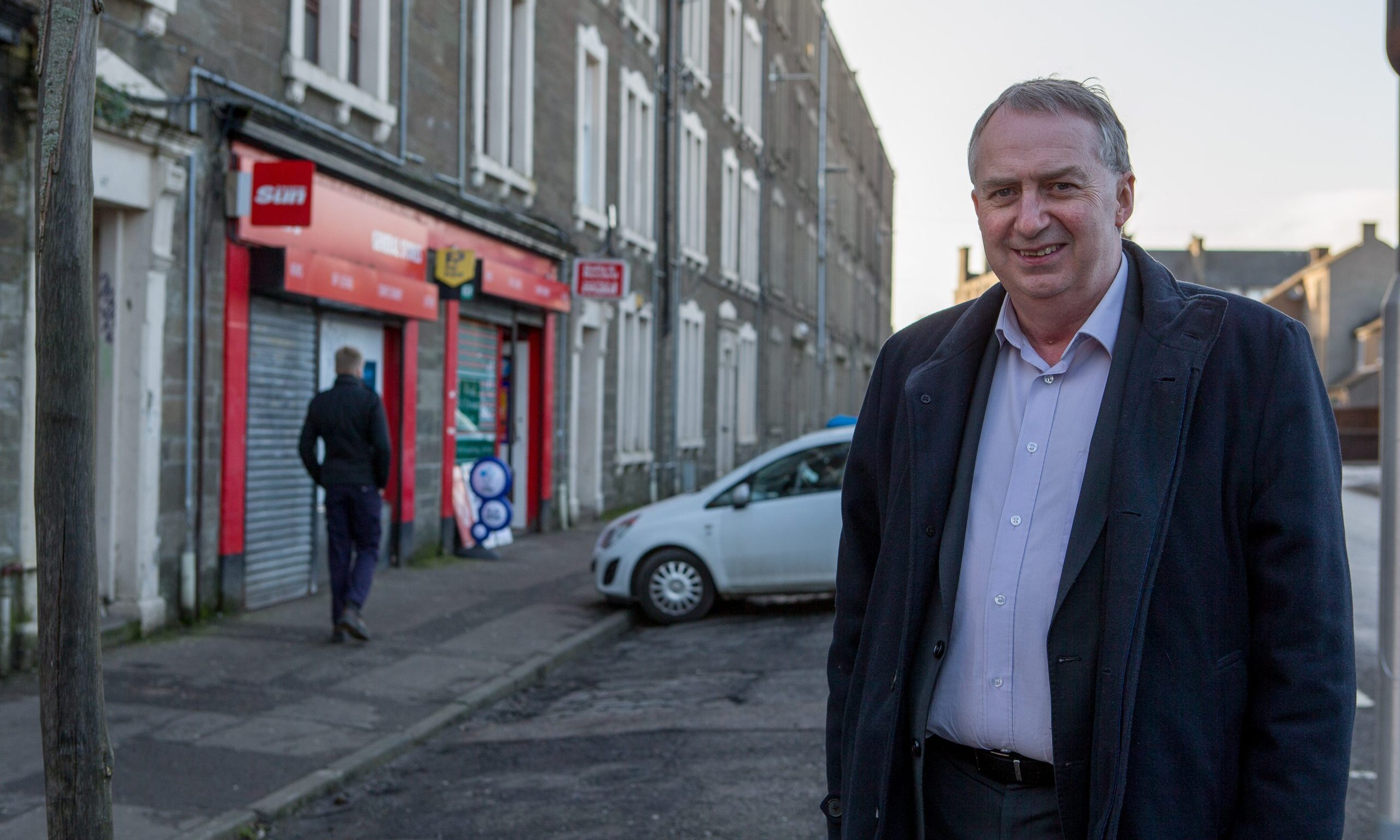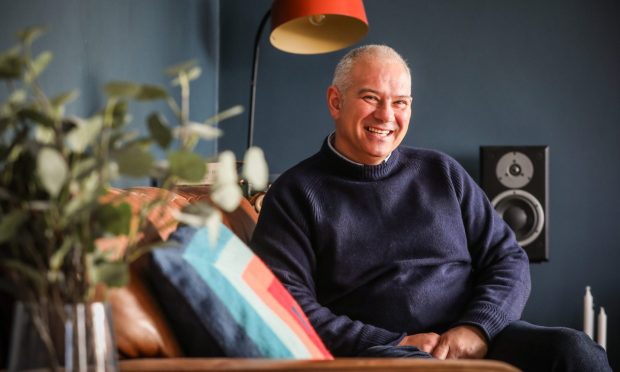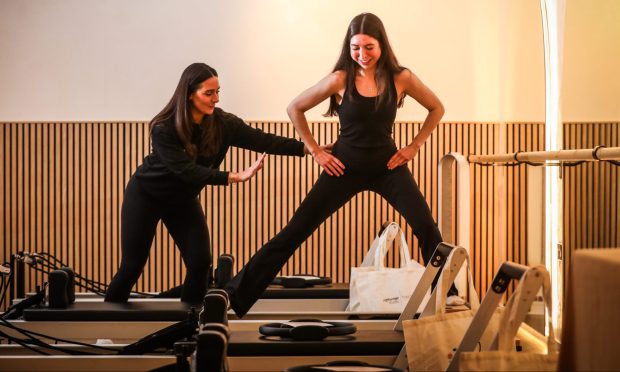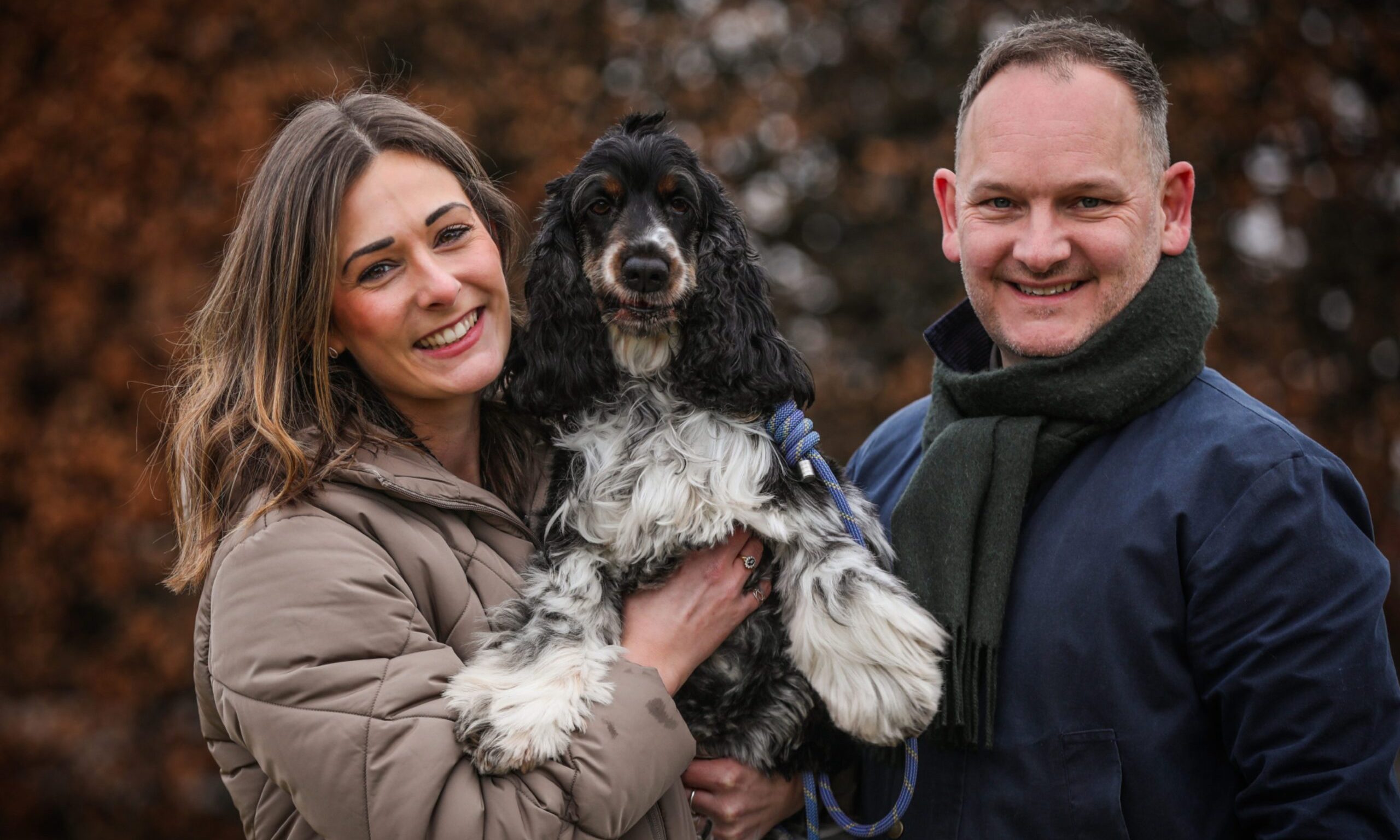A Tayside wheelchair user has welcomed pioneering software designed to help young people with additional support needs and disabilities navigate into adulthood.
Claire D’All, 28, who was born with Congenital Muscular Dystrophy, and has used a powered wheelchair since the age of three, says the app, called Compass, would have been a “great help” when she was leaving school.
Compass has been developed over several years by health and social care charity, ARC Scotland, with funding from the Scottish Government.
What difference could the app make?
After a series of successful trials around Scotland, it has been freely available to young people, as well as their carers and the professionals who support them, since June 16.
Claire, who lives in Angus, told The Courier: “The Compass app would have been a great help when I was leaving school.
“At the start of my transition I knew what I wanted to do when I left school.
“But I didn’t know the best way to articulate that as I hadn’t had any dealings with social workers before.
“With the Compass app it asks you what your goals are and what your priorities are for your transition and allows you to see the best process to do everything.
“Transition can be a very overwhelming experience.
“But with the Compass app it allows you to have everything documented in front of you to reflect on through the transition”.
How does the app work?
There are three different versions of Compass aimed at different groups.
The key aim of the app is to improve young people’s experience of moving into adult life from secondary school.
Whereas for many young people leaving school often means a straightforward move to further or higher education, for young people with disabilities planning for the future can be a very complicated process requiring accessible, appropriate information and a tailored support package.
The charity says transition planning is a huge part of enabling young people they work with to get the right support when they need it.
The software offers a one-stop shop which guides users through the various steps encountered before and after leaving school.
Still work to be done for disabled people
Clare, who has previously featured in The Courier, refuses to let her disability hold her back.
However, when the Dundee University graduate reflects on the wider challenges facing people who live with disabilities, she says there’s still work to be done if society is to be more accommodating of diverse needs.
“I’d say one of the main challenges I faced when moving into adult life while living with a disability was not having my voice heard,” she said.
“I knew exactly what I wanted to do but I felt others thought they knew what was best for me or they hadn’t experienced a transition that I wanted before so they kept going to the default options.
“As I’ve mentioned I feel if the Compass app was around over 10 years ago I wouldn’t have felt as ignored as I did.
“Don’t get me wrong I didn’t take no for an answer and I finally got to where I wanted to be but, it was a very stressful process that probably could have been avoided if things were done differently.”
Work as a campaigner
Through her work with the Divergent Influencers group, Claire hopes to shape transition for future generations so they don’t go through the stresses she did.
After high school she went on to study Computer Science BsC (Hons) at Dundee University and graduated four years later.
It wasn’t the easiest process to get into university.
But with the support from her parents and staff at the university it was a great experience.
“I did struggle to find work after university due to my disability,” she added.
“But I now work for a disabled access charity.
“Transition is the worst thing I ever had to go through.
“But looking back now and seeing where I am now, the endless meetings and tears from not feeling heard were worth it.”
Find out more about ARC Scotland’s Compass app here.
